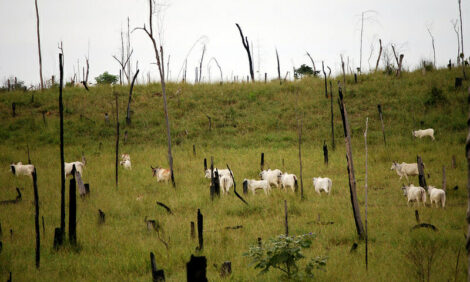



Column: Biofuels a balancing act for agriculture
US - have been a supporter of development of alternative fuels in the U.S., and I remain so, but with some concerns that the delicate balance of marketing agricultural products and the seemingly timeless axiom of supply and demand may be skewed by the rapid conversion of grain to fuel.One of the crops most directly affected, both positively and negatively, is cotton. For starters, the distillers grain that is a byproduct of ethanol production is a lower cost alternative to cotton seed as a supplemental feed source for dairy cattle. Some ginners survive on sales of excess cotton seed and hulls.
The high cost of corn positively affects cotton by reducing the cost of corn subsidy programs, which are by far the largest in the ag industry. With debate for a new farm bill kicking off, high priced corn makes for a good success story, but also threatens to divide cotton and corn lobbyist jockeying for position in the 2007 farm bill.
The most direct and highly publicized threat from ethanol-driven high corn prices is the extra cost to the beef cattle industry. I’m told the distillers grain that is widely fed to dairy cattle isn’t a good feed source for beef cattle. Corn prices at a 10-year high clearly up the ante on beef production costs and threaten to further jeopardize its pricing strategy that is already considered too expensive by many American consumers.
Source: SouthEast Farm Press


